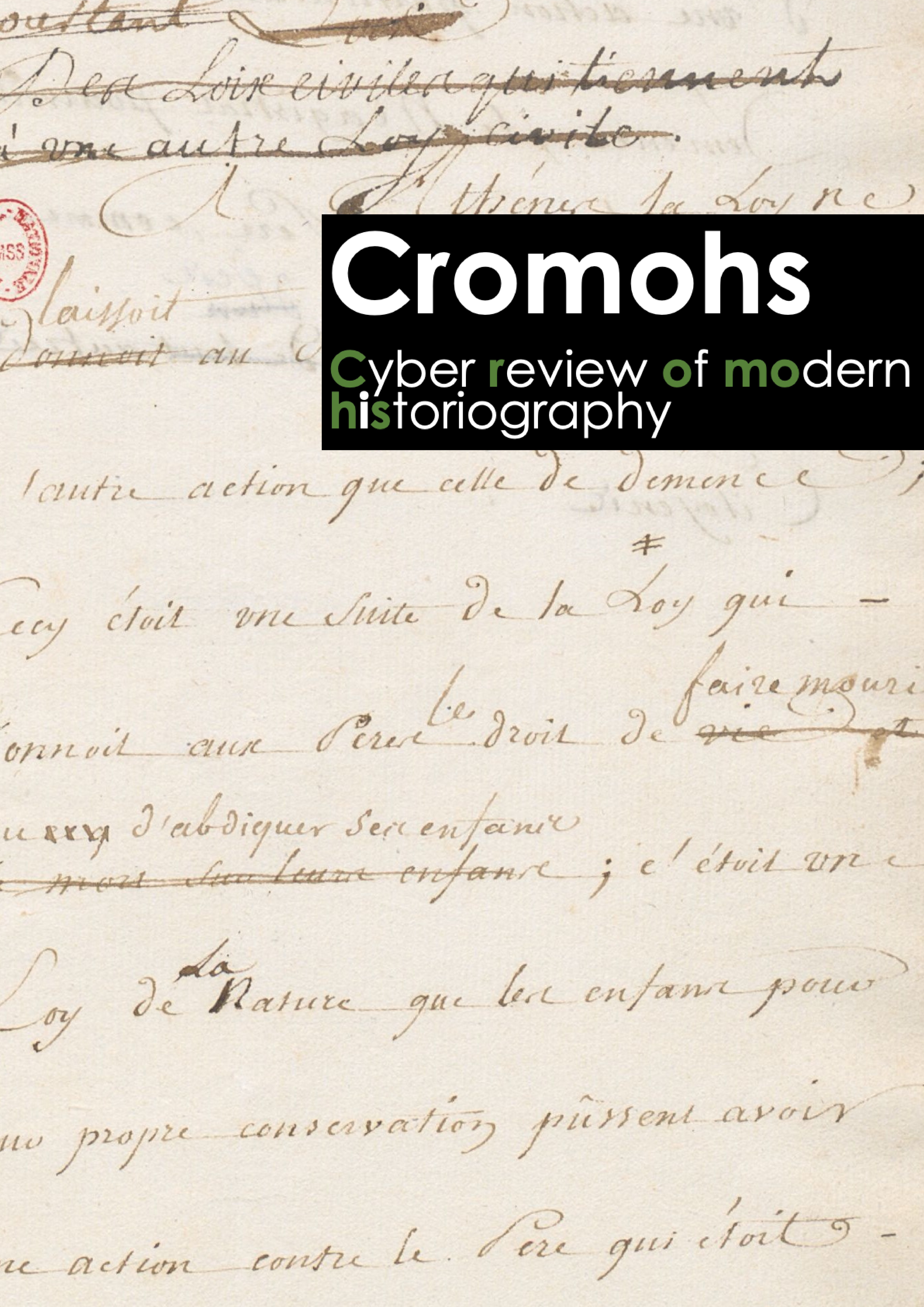Published 2024-12-23
Keywords
- Immanuel Kant,
- History of Anthropology,
- Racial Theory,
- Ethnography,
- Microhistory
Copyright (c) 2024 James Redfield

This work is licensed under a Creative Commons Attribution 4.0 International License.
Abstract
The significance of Kant’s racism is typically addressed in terms of his own philosophy. By contextualizing his approach among contemporary ways of integrating fresh evidence for human variation (ethnography) into the study of human nature (anthropology), it becomes clear, not just how extraordinarily racist his way was, but also how and why this is so. For Kant, unlike his peers, ethnography and anthropology did not sit easily together; the former’s implications eluded his teleological Kant-centric perspective on the latter. Thus his “popular” discourse backfired, forcing him into violently selective readings of ethnography where he tried to force it to support his anthropology with racist and sexist tropes. Writings by his friend, Theodor Gottlieb Hippel, suggest that, even if Kant’s students were simply confused, others around Kant saw his problem and had a solution more like ours today: racial and sexual difference are not natural or teleological, but constructed and fluid.

